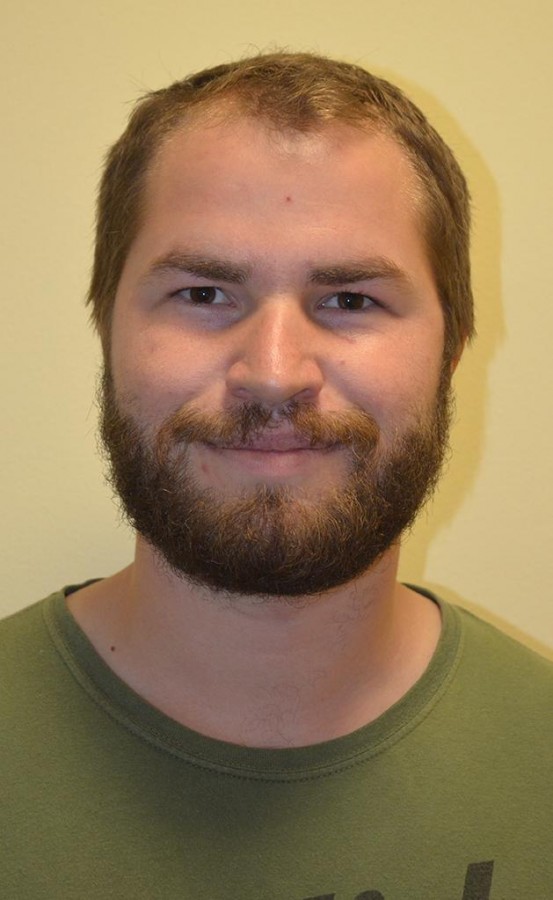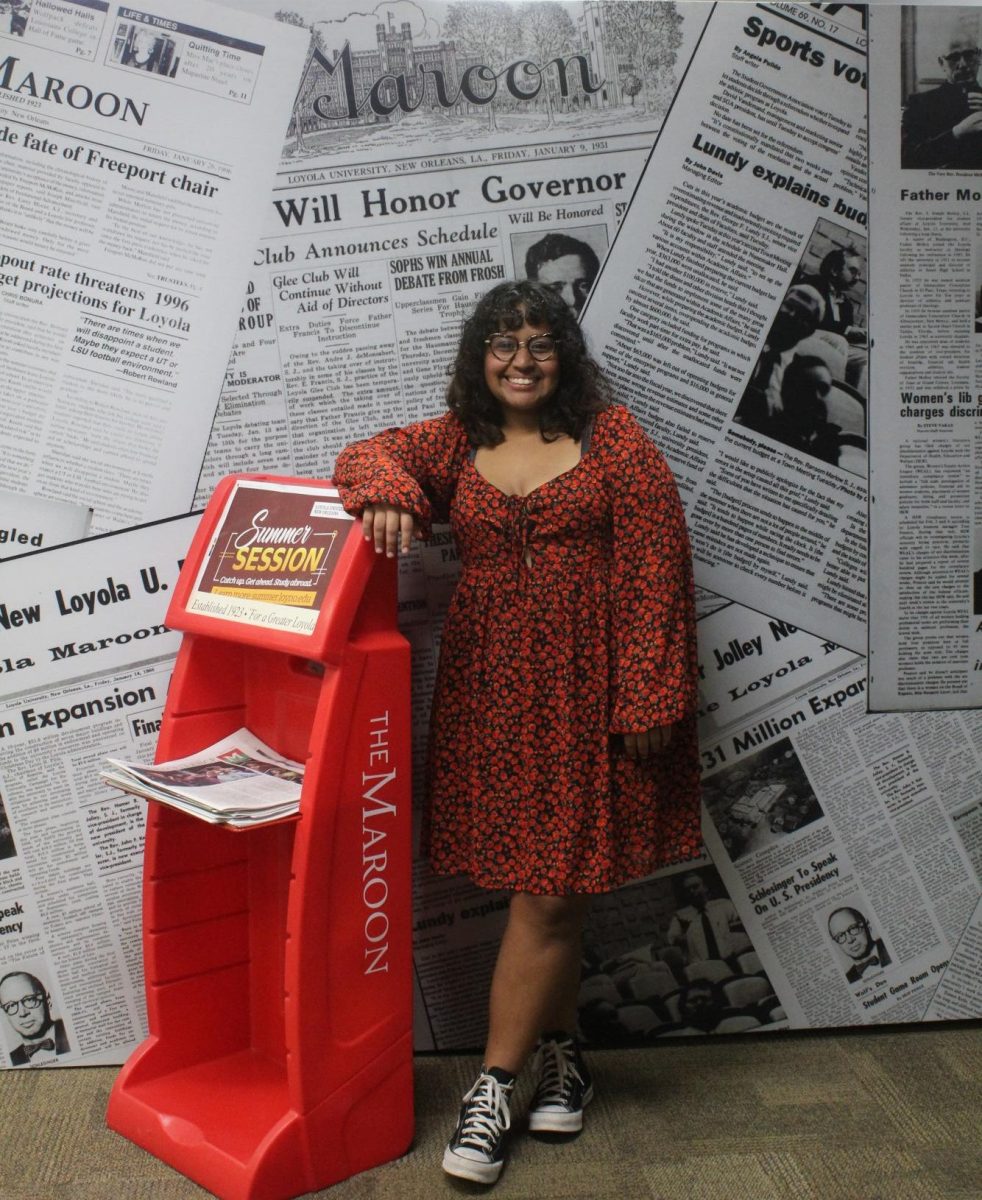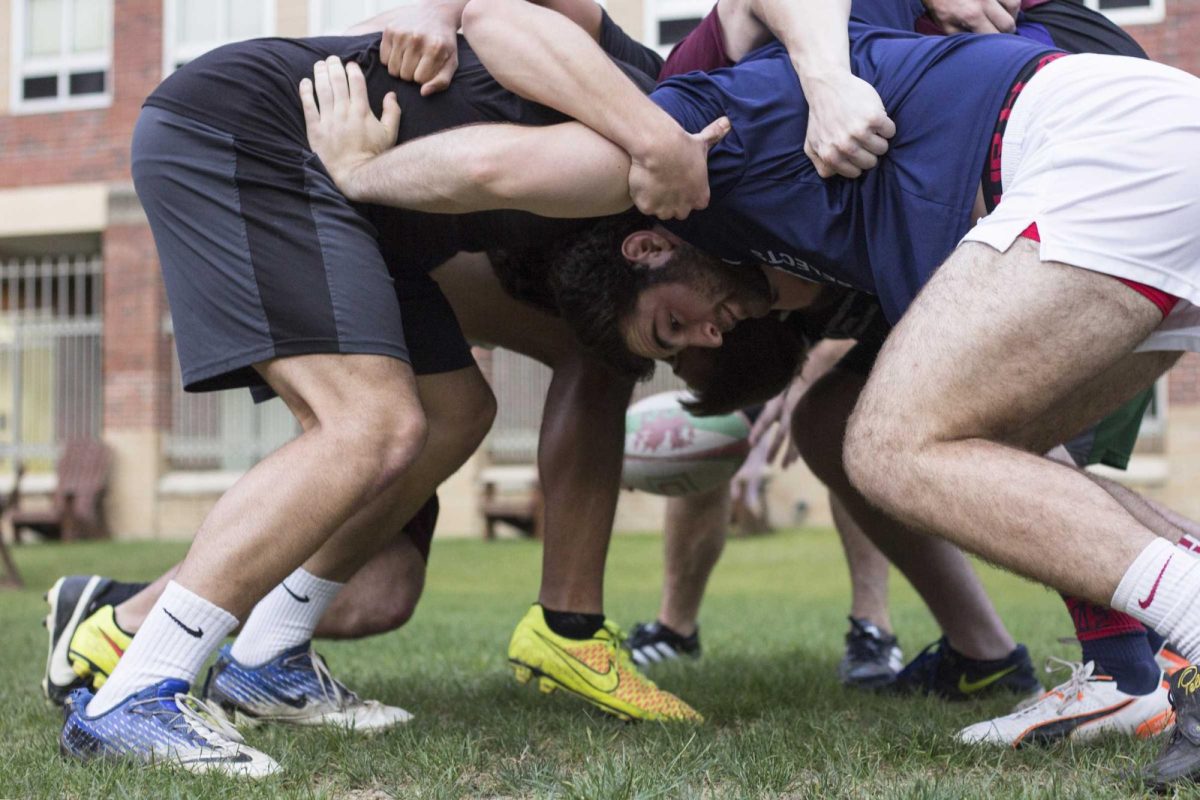Last week, the Loyola Society for Civic Engagement held a panel discussing the potential boundaries of what a student or professor can or can not say in a school publication.
The title of the discussions was “Read ‘Naught’ About It,” and the panelists included Dean of the College of Social Sciences Roger White, Interim Director of The Women’s Resource Center Julie Thibodeaux, visiting law professor and Jesuit Penn Dawson and me.
The discussion came about in response to two opinion columns published in the Maroon, which elicited some controversy, and were subsequently withdrawn from the website – though not the archives – because of the undue attention they attracted.
While we discussed issues of legality, freedom of the press, ethics and morals, we did not come to any hard conclusions. However, it was one of the most interesting and pertinent discussions I have had on this campus.
The LSCE succeeded in bringing together a panel of individuals whose life experiences and religious backgrounds spanned a spectrum ranging from Judaism to Catholicism to secular humanism.
For two hours, we listened to each other and became deeply engaged with arguments that touch not just on what it means to be a student, but on what it means to be a critically thinking member of society.
There were times when Dawson and I butted heads, unable to cross the bridge between his absolute faith in the teachings of the Church and my own skepticism.
There were moments when Thibodeaux completely upended my perspective on what a Catholic is, showing the full breadth and range of Catholic ideology, bringing it out of the realm of tradition and showing how it can succeed at confronting the challenges of modernity.
Similarly, White was right to assert that, for any reasonable discussion to take place, boundaries must be drawn – though the lines will always be blurry.
As for myself, I was put into a position to defend a decision to publish ideas that ran not just counter, but in direct opposition to the views of the Church.
In constructing that defense, I have become more aware of the nature of the institution that I attend.
It is one whose core beliefs run deep. And these beliefs can elicit powerful reactions out of the people who most fervently trust in them.
As such, any time a student takes a moment to question that set of values, that student must make sure that the act of provocation is meant to bring something of value for everyone involved.
As I said, our discussions led to no conclusive answers about how a newspaper, or an institution, should conduct itself when confronted with controversial points of view.
But the fact that the four of us could sit down and have that discussion does give me faith in the integrity of Loyola.
Critical thinking is still alive on campus, and I hope we continue to actively engage it.
Stewart Sinclair is an English writing senior and may be reached at slsincla@loyno.edu












